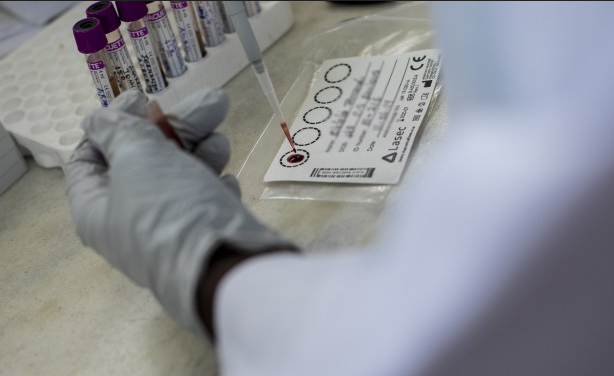
Cabotegravir is a promising HIV prevention medication….CONTINUE READING
that’s approved in countries like the United States. But in sub-Saharan Africa, access encounters a number of hurdles.
Cabotegravir was successfully tested in adults in seven sub-Saharan African countries, including Uganda, in trials that ended in 2020. The World Health Organization has endorsed it
, and United States regulators have cleared it for use with a doctor’s prescription. But Annet still can’t get it. No Ugandan can. That’s because the drug remains tied up in the country’s regulatory process.
Across Africa, drug approval often takes substantially longer than in the U.S. and Europe. The timeline from first submission of a drug to final approval in the U.S. is usually less than a year. In some southern African countries, the same process stretches as long as two-and-a-half years for generic drugs, even though they are replicas of established products, according to a study byFrontiers in Medicine, an international medical journal. Other research suggests the delays may be even longer. Researchers blame a lack of resources and expertise at African regulatory bodies and a failure to piggyback on efforts by other agencies.
The holdups can rob Africans of access to safe and affordable medicine, and put vulnerable groups at risk for longer than necessary. In the case of cabotegravir, the lag time may also hamper the Ugandan government’s ambitious HIV-prevention targets – including ending new infections by 2030 – as the drug is one of the best prospects for stopping transmission in high-risk groups, such as sex workers. “Cabotegravir would help the country achieve its goal,” says Nelson Musoba, general director of the Uganda Aids Commission, writes Nakisanze Segawa for Global Press Journal….CONTINUE READING